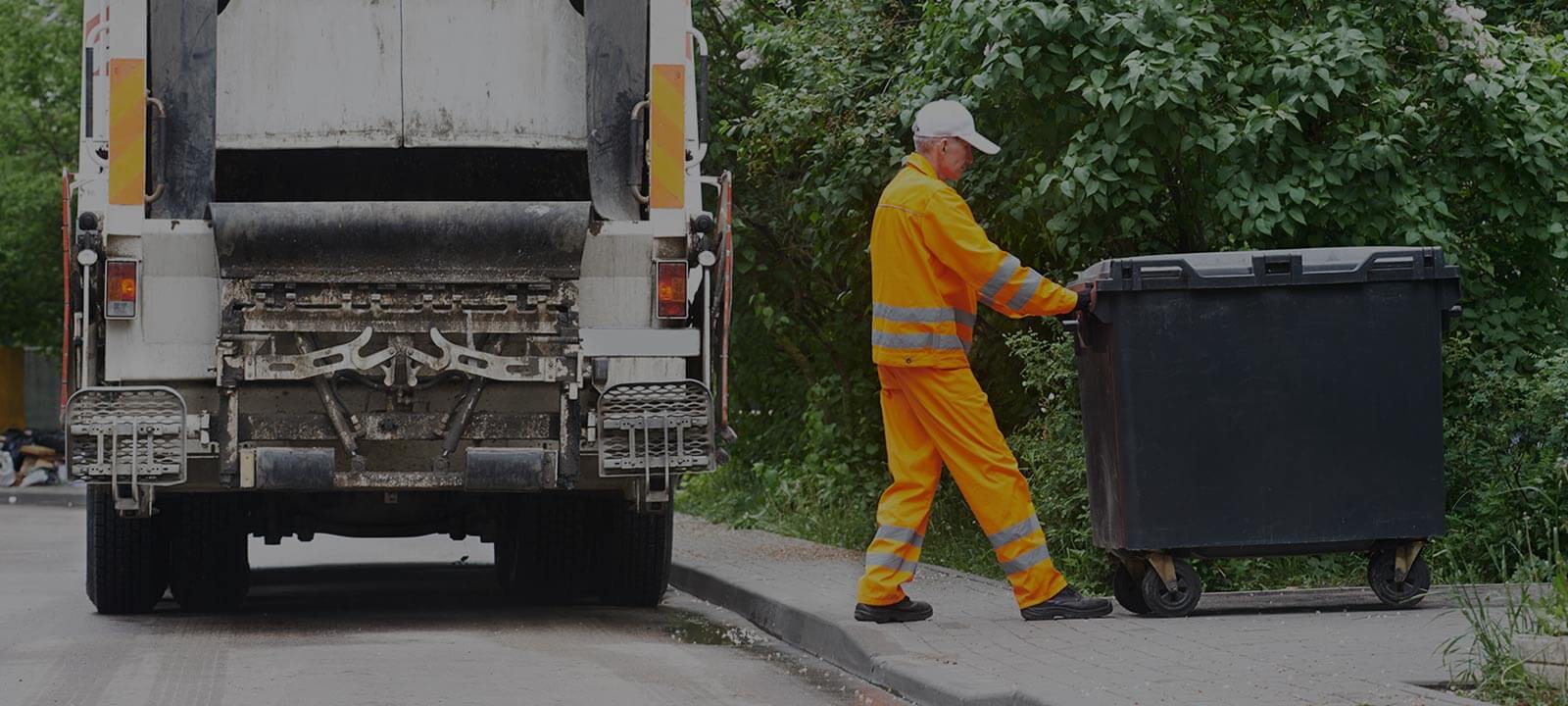Efforts towards Sustainability: A Look at the Government's Recycling Policy
Posted on 25/04/2024
In recent years, the threat of climate change and environmental degradation has become a pressing concern for many individuals and organizations. As a result, governments around the world have taken steps towards promoting sustainability and mitigating the effects of pollution. One such effort is the implementation of recycling policies by governments, aimed at reducing waste and promoting a circular economy. In this article, we will take a closer look at the government's recycling policy and its impact on sustainability.
The Importance of Recycling
Recycling is the process of converting materials that would normally be thrown away into new products. This not only helps in reducing waste but also conserves natural resources and reduces energy consumption. The three main benefits of recycling are:
1. Waste Reduction: Recycling diverts materials from landfills, reducing the amount of waste that ends up polluting our environment.
2. Conservation of Resources: By using recycled materials to create new products, we can conserve natural resources like timber, water, and minerals.
3. Energy Savings: Recycling requires less energy compared to producing new materials from scratch. This leads to significant energy savings, which in turn reduces greenhouse gas emissions.

The Government's Role in Promoting Recycling
The government plays a crucial role in promoting recycling through its policies and regulations. In many countries, there are laws that require households and businesses to separate recyclable materials from their regular trash. Municipalities also provide curbside pick-up services for recyclable materials or have designated drop-off locations for citizens to dispose of their recyclables.
Apart from these initiatives, governments also provide incentives for companies to use recycled materials in their production processes. This encourages industries to adopt sustainable practices and promotes a circular economy where waste is turned into valuable resources.
The Impact of Government Recycling Policies
Thanks to government efforts towards promoting recycling, there has been a significant increase in the amount of waste being diverted from landfills. In the United States alone, recycling and composting have prevented 186 million metric tons of greenhouse gas emissions in 2019. This is equivalent to taking over 39 million cars off the road for a year!
Moreover, recycling has also contributed to job creation and economic growth. According to the EPA, in 2016, the recycling and reuse industry supported over 757,000 jobs and generated $36.6 billion in wages.
The Pros and Cons of Government Recycling Policies
Like any other policy, government recycling initiatives also have their pros and cons. Let's take a look at them:
Pros:
- Promotes sustainability by reducing waste and conserving resources.
- Reduces greenhouse gas emissions and helps combat climate change.
- Creates jobs and contributes to economic growth.
- Encourages industries to adopt sustainable practices.
Cons:
- Implementation costs can be high for municipalities.
- Lack of public awareness and participation can lead to ineffective recycling.
- Some materials are difficult or expensive to recycle, making it financially unviable for companies.

Tips for Effective Recycling
While the government plays a vital role in promoting recycling, individuals also have a responsibility to recycle properly. Here are some tips for effective recycling:
1. Follow your municipality's guidelines for sorting recyclables.
2. Clean out food containers before placing them in the recycle bin.
3. Don't contaminate recyclables with non-recyclable materials like plastic bags or food waste.
4. Consider purchasing products made from recycled materials to support the circular economy.
5. Educate yourself and others about the importance of recycling.
Takeaways
The government's efforts towards promoting recycling have had a significant impact on sustainability and the environment. It has led to reduced waste generation, conserved natural resources, and contributed to job creation and economic growth. However, effective recycling requires active participation from individuals and industries to be truly successful.
In conclusion, the government's recycling policies have been a crucial step towards promoting sustainability and mitigating the effects of pollution. It is our collective responsibility to support these efforts by actively participating in recycling and educating ourselves on best practices. By working together, we can create a more sustainable future for generations to come.
Latest Posts
Reusing for Resource Conservation
Industry applauds government's dedication to improving e-waste recycling practices






